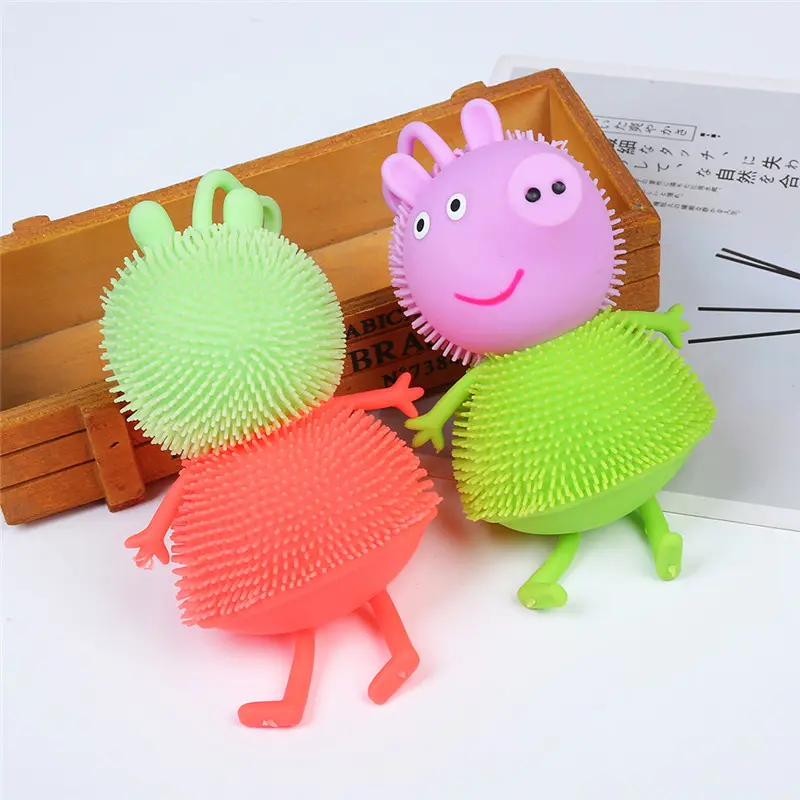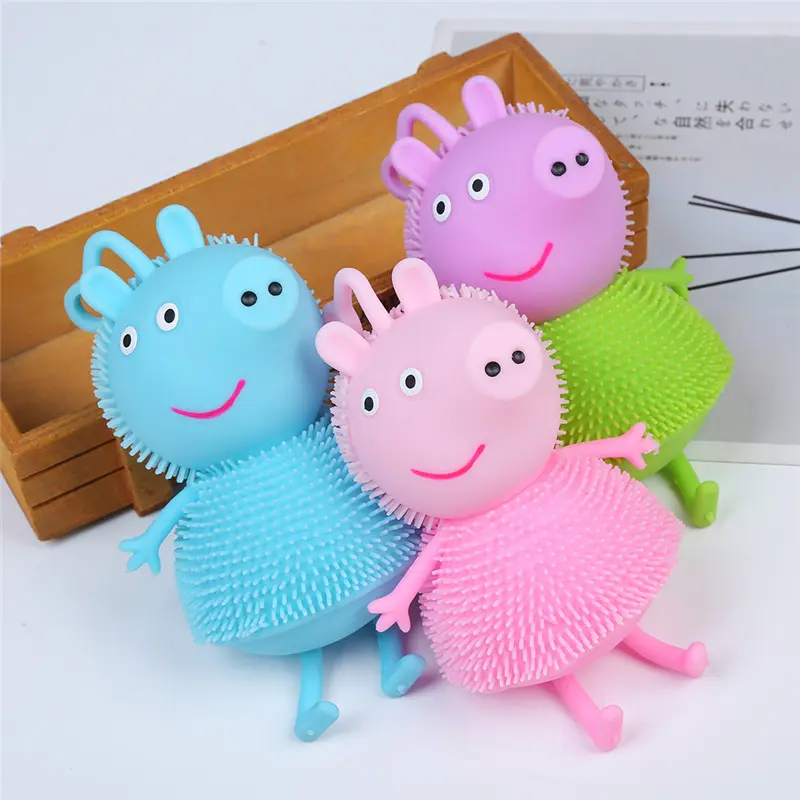Detailed explanation of the necessary qualifications for toy suppliers exporting to Europe and the United States
In today’s globalized business environment, the European and American markets have become an important target market for many toy suppliers with their huge consumption capacity and strict requirements for quality. However, in order to successfully enter and gain a foothold in these markets, suppliers must have a series of strict qualifications. This article will explore in depth the qualifications that toy suppliers exporting to Europe and the United States need to have, helping you better understand the relevant requirements and ensure that your toy products can smoothly enter the European and American markets.
Qualifications for legal business operations of enterprises
Business license: This is the basic proof of the legal operation of the enterprise, which clarifies the key information such as the business scope and registered address of the enterprise. When choosing a supplier, European and American buyers will first check its business license to ensure that the other party is a legally registered enterprise with legal business qualifications.
Tax registration certificate: It shows that the enterprise pays taxes in accordance with the law and has a good tax compliance record. This is not only an important manifestation of the legal operation of the enterprise, but also related to the financial reputation and stability of the enterprise in international trade.
Import and export license: For enterprises engaged in import and export business, import and export licenses are essential. It proves that the enterprise has the qualifications to conduct international trade and can legally export products to overseas markets such as Europe and the United States.
Quality Management System Certification
ISO 9001 Quality Management System Certification: This is an internationally accepted quality management system standard that helps companies establish a complete quality management and control system. Passing this certification indicates that the company has strict management and monitoring measures in all aspects such as product quality planning, production process control, and product inspection, which can ensure the consistency and stability of the product and meet the high requirements of European and American customers for product quality.
Other quality-related certifications: such as Six Sigma and other quality management system certifications, can also serve as a strong proof of the company’s quality management level. These certifications reflect the company’s continuous pursuit of quality improvement and quality control, and help enhance the confidence of European and American buyers in product quality.
Product Safety and Quality Certification
European Market:
CE Certification: It is a mandatory certification of the European Union and is regarded as a “passport” for products to enter the European Economic Area. Toy products with the CE mark indicate that they comply with relevant EU safety, health and environmental regulations, such as the Toy Safety Directive 2009/48/EC. CE certification covers a series of product safety standards, including mechanical and physical properties, chemical properties, electrical safety and other aspects.
EN71 Certification: This is the European toy safety standard, which specifies in detail the mechanical and physical properties, combustion performance, migration of specific elements and other requirements of toys. For example, EN71-1 mainly tests the mechanical and physical properties of toys, including small parts, sharp points, sharp edges and other factors that may cause harm to children; EN71-3 focuses on the migration limits of 19 specific elements in toys to ensure the chemical safety of toy materials.
REACH Certification: EU regulations on the registration, evaluation, authorization and restriction of chemical substances. Chemical substances in toy products must comply with the requirements of REACH regulations to protect human health and environmental safety. The control items of Annex XVII of the REACH regulations added in 2023 extend the restrictions on phthalates to all children’s products. Suppliers need to ensure that the content of relevant chemical substances in toy products is within the prescribed limits.
US Market:
CPC Certification: That is, the Children’s Product Certificate, which is a mandatory certification required by the US Consumer Product Safety Commission (CPSC). All children’s toys sold in the US market must comply with relevant safety standards and pass CPC certification. CPC certification requires manufacturers or importers to prove that their products comply with all applicable children’s product safety regulations such as CPSIA (Consumer Product Safety Improvement Act), such as lead content restrictions, phthalate content restrictions, etc.
ASTM F963 standard: This is the US toy safety standard, which specifies the testing requirements and safety indicators of toys in terms of mechanical physical properties, combustion performance, chemical properties, etc. For example, the impact test of toys requires the sound pressure level to be below 85 decibels, and the filling materials must pass the CPSC-approved flame retardant test. Toy products that meet the ASTM F963 standard can ensure that they will not cause harm to children under normal use and foreseeable abuse.
Environmental protection and sustainable development certification
FSC certification: If the toy product uses wood or paper packaging materials, FSC certification can prove that these materials come from sustainably managed forests and meet environmental protection requirements. This not only helps to meet the preference of European and American consumers for environmentally friendly products, but also enhances the company’s social responsibility image.
ISO 14001 Environmental Management System Certification: It indicates that the company pays attention to environmental management in the process of production and operation, and has taken effective measures to reduce the impact on the environment, such as energy conservation and emission reduction, waste treatment, etc. This reflects the company’s commitment to sustainable development and helps to enhance the willingness of European and American buyers to cooperate with the company.
Other important qualifications and capabilities
Production capacity and technical strength: Suppliers need to have sufficient production capacity to meet the large-scale order needs of European and American buyers. This includes advanced production equipment, reasonable production process layout and sufficient production capacity. At the same time, the company’s technical strength cannot be ignored. With a professional R&D team and technical patents, it can continuously innovate products and improve processes to provide customers with more competitive products.
Supply chain stability and supply capacity: Stable raw material supply and logistics distribution capabilities are the key to ensuring timely and stable delivery of products. Suppliers should establish long-term cooperative relationships with multiple high-quality raw material suppliers and formulate comprehensive emergency plans to deal with possible risks such as raw material shortages or production interruptions. In addition, choose reliable logistics partners and optimize logistics distribution plans to ensure that products can be delivered to European and American customers in a timely and accurate manner.
Credit record and financial status: A good credit record and a sound financial status are important guarantees for the sustainable operation of suppliers. European and American buyers usually require suppliers to provide recent financial statements, bank statements and credit rating reports to assess their debt repayment ability and cash flow. A good financial status can not only ensure that suppliers deliver goods on time, but also enhance the trust foundation for cooperation between the two parties.
Conclusion
Suppliers of toys exported to Europe and the United States need to have a series of complex qualifications, covering legal business operations, quality management systems, product safety and quality certification, environmental protection and sustainable development. These qualifications are not only legal requirements for entering the European and American markets, but also key factors for suppliers to stand out in the fierce international market and win the trust of customers. As a toy supplier, you should fully understand and actively prepare these qualifications to ensure that your products meet the high standards of the European and American markets. At the same time, continuously improve your own technical strength, production capacity and management level to meet the needs of European and American customers, expand business areas and achieve sustainable development.
In the actual operation process, it is recommended that you pay close attention to the regulatory dynamics and standard changes in the European and American toy market, and adjust and optimize your qualification system in a timely manner. Cooperate with professional certification agencies, legal advisors and industry experts to obtain the latest information and professional guidance to ensure that your company is moving forward steadily on the road of exporting European and American toys. Through continuous efforts and strict control of qualification requirements, your toy products will surely be successful in the European and American markets and win wide customer recognition and market share.
Post time: Jun-04-2025

